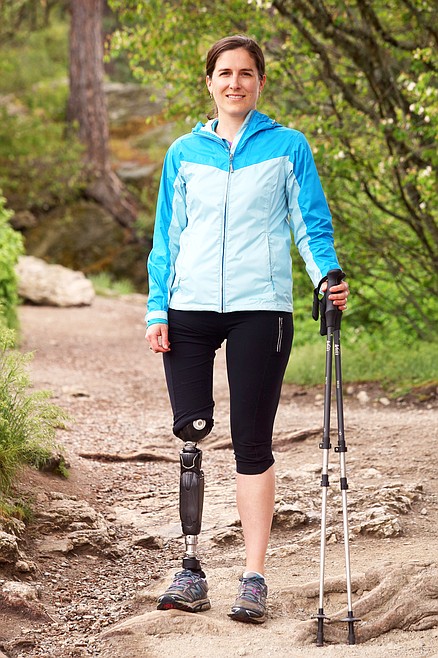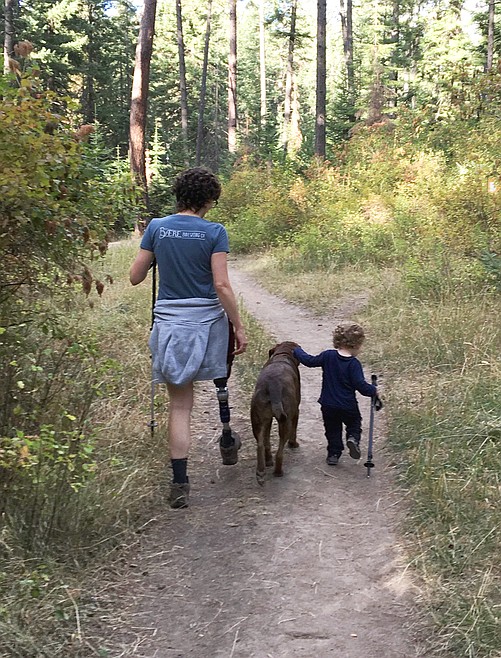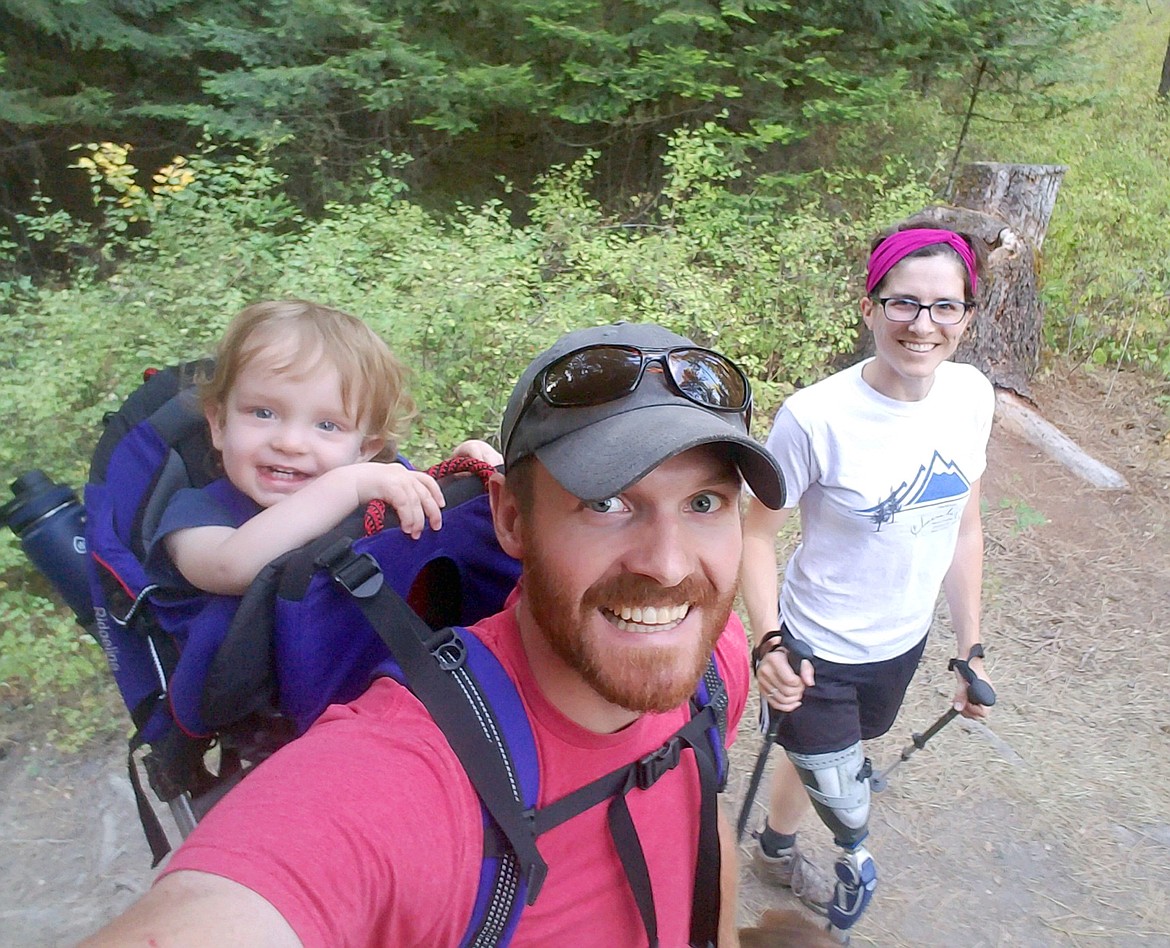‘Life interrupted’
Jenny Gray, LCHS graduate and Hayden resident, overcomes cancer, chemo, amputation; looks forward to running again with prosthetic
The soreness in her right knee, at first in the summer of 2015, was slight.
“It wasn’t really that painful,” Jenny Gray said...
Become a Subscriber!
You have read all of your free articles this month. Select a plan below to start your subscription today.
Already a subscriber? Login






